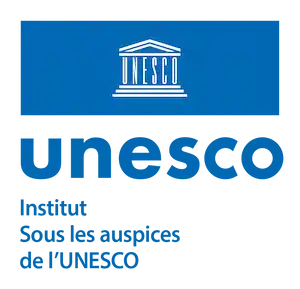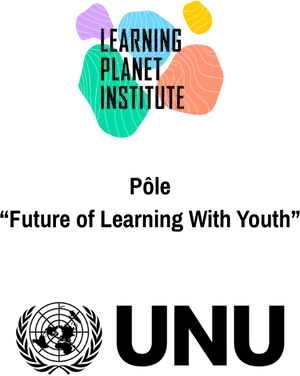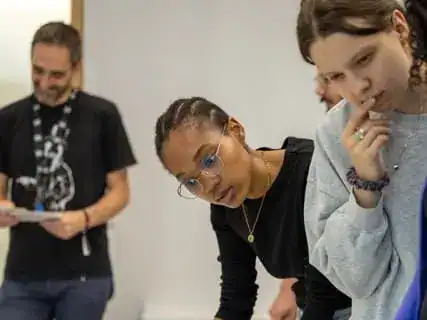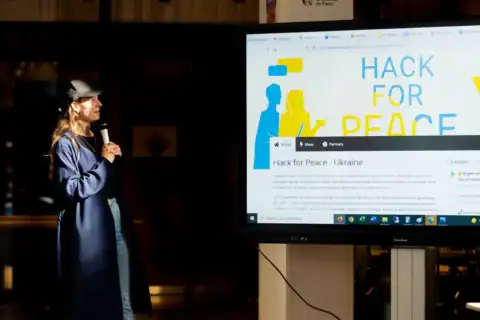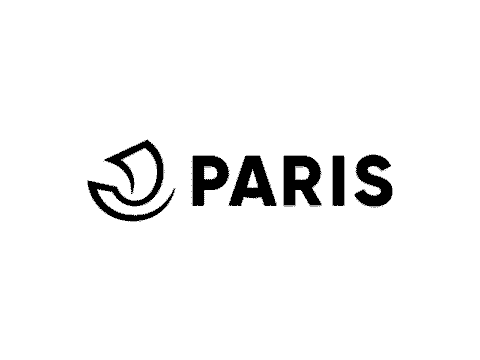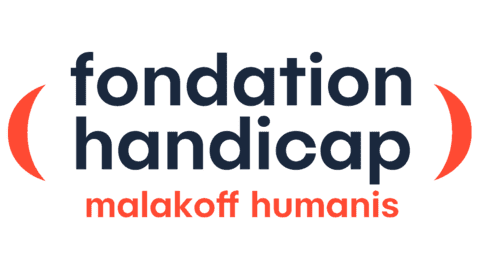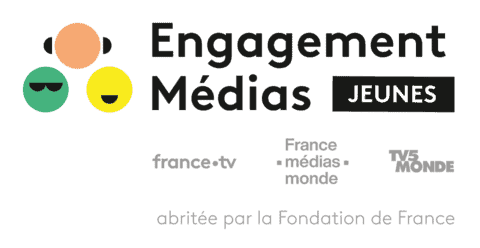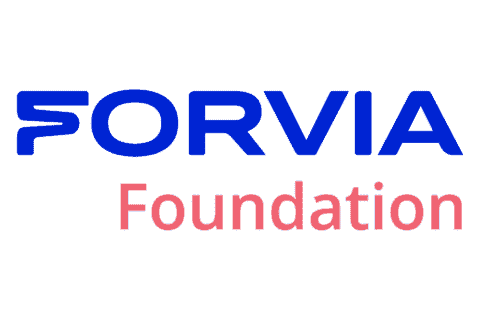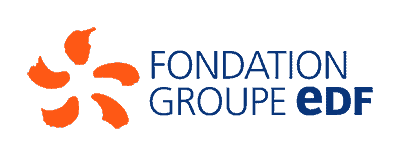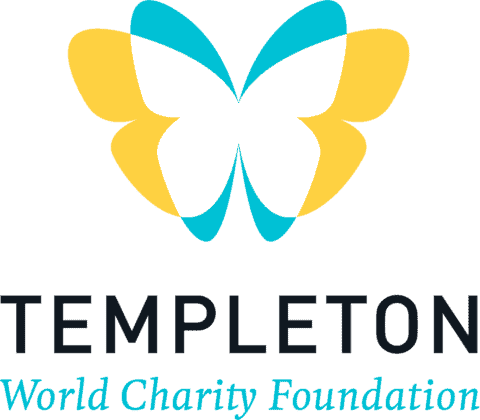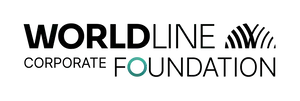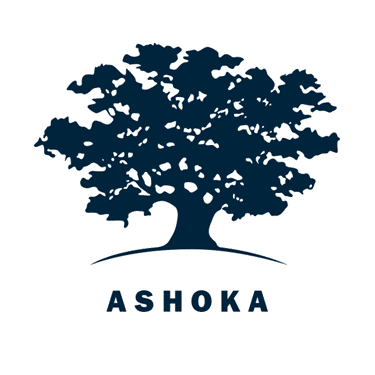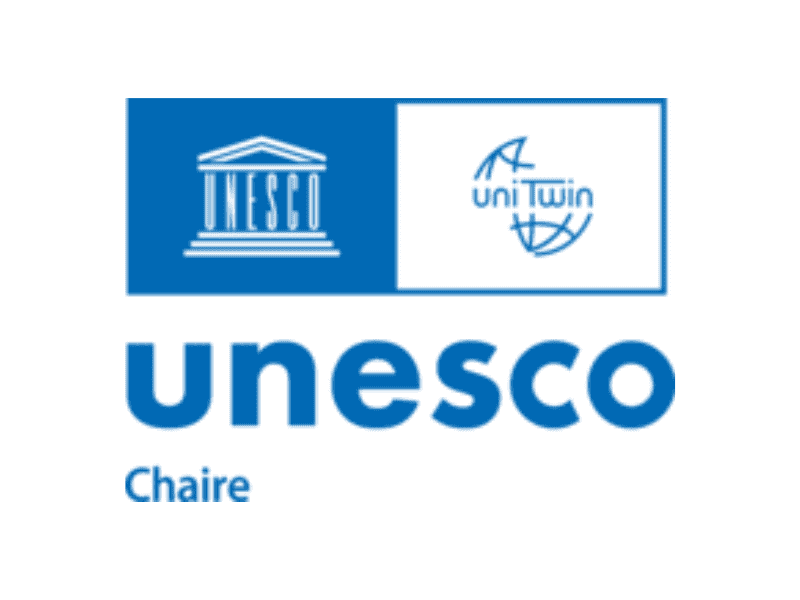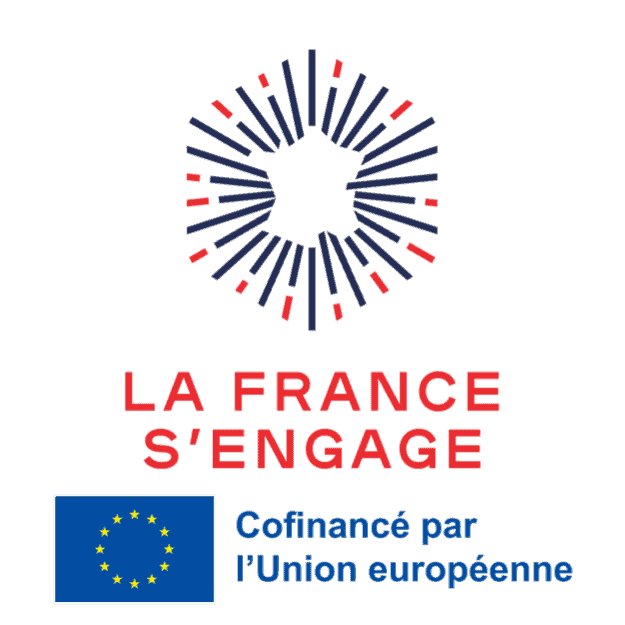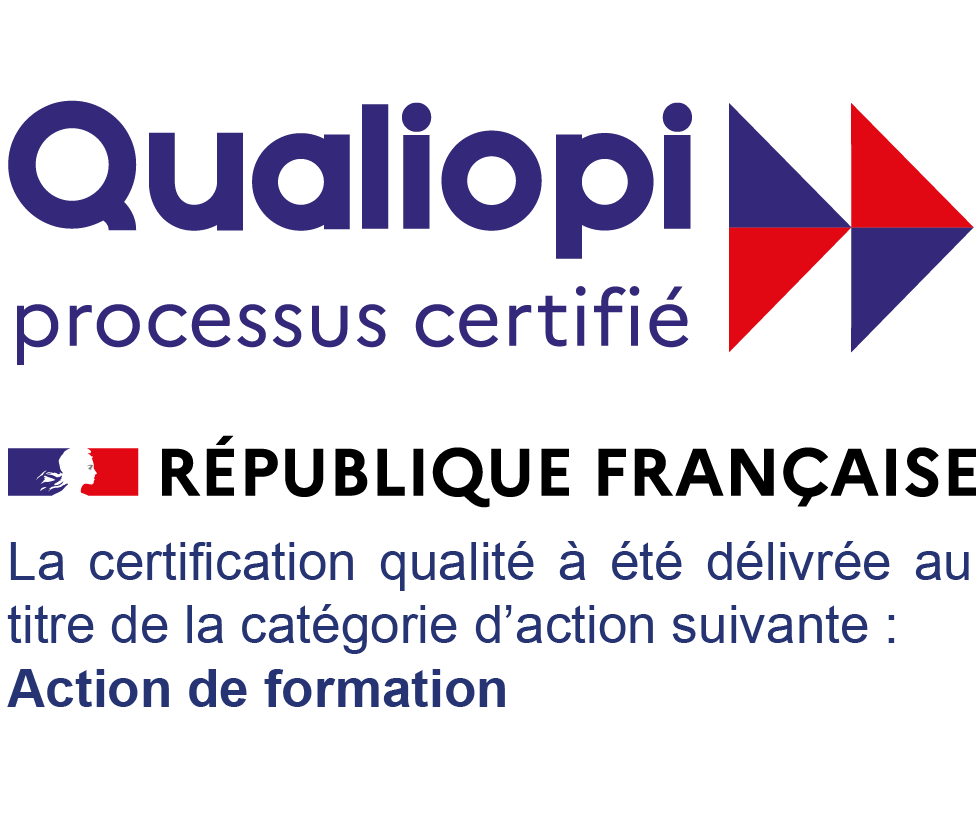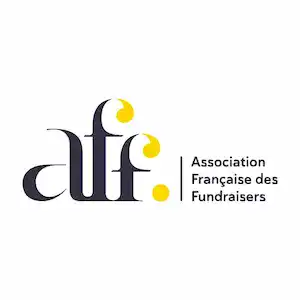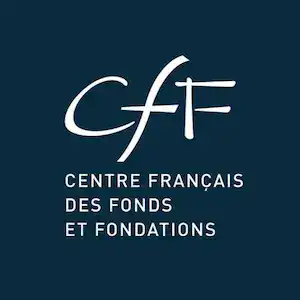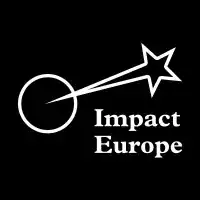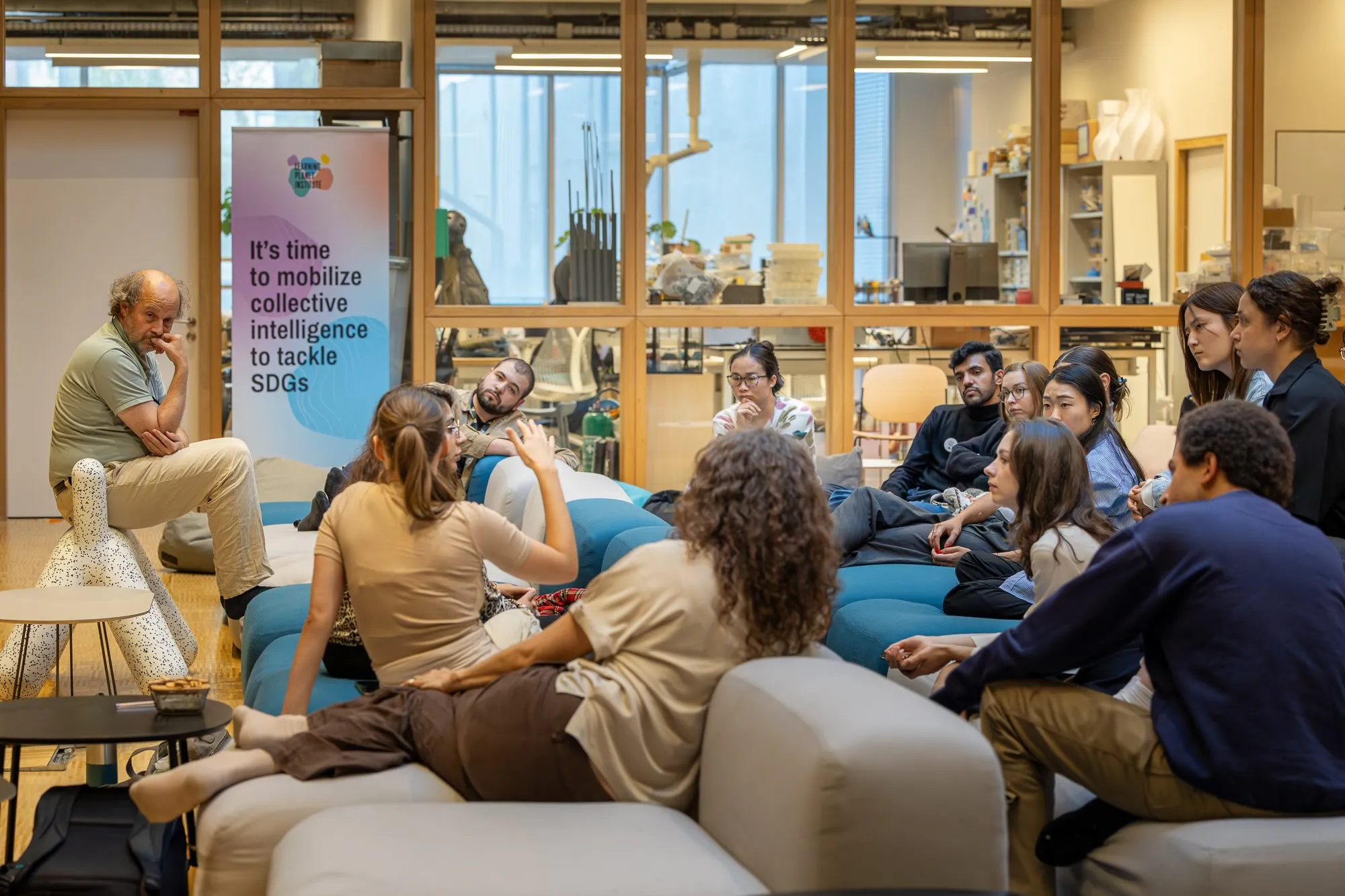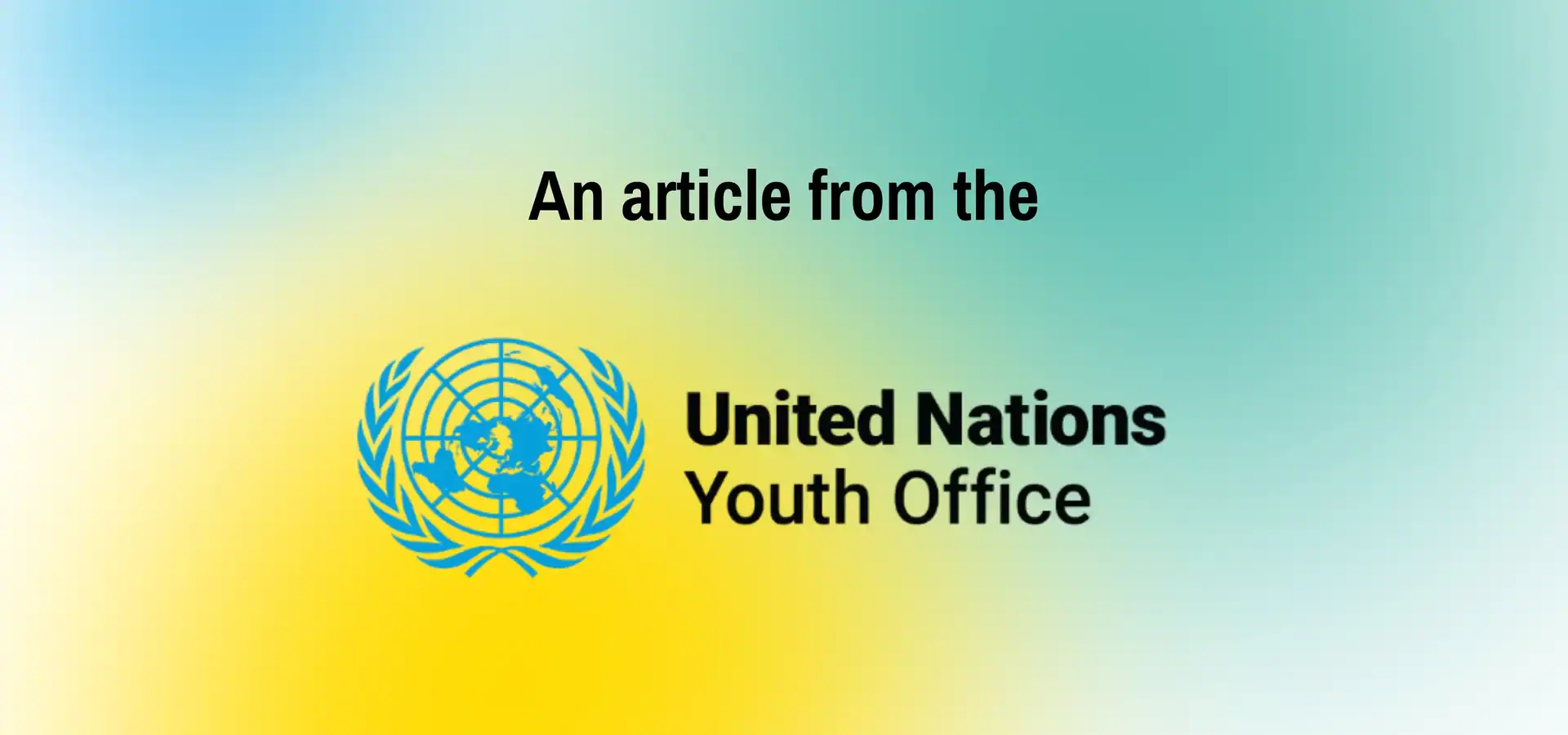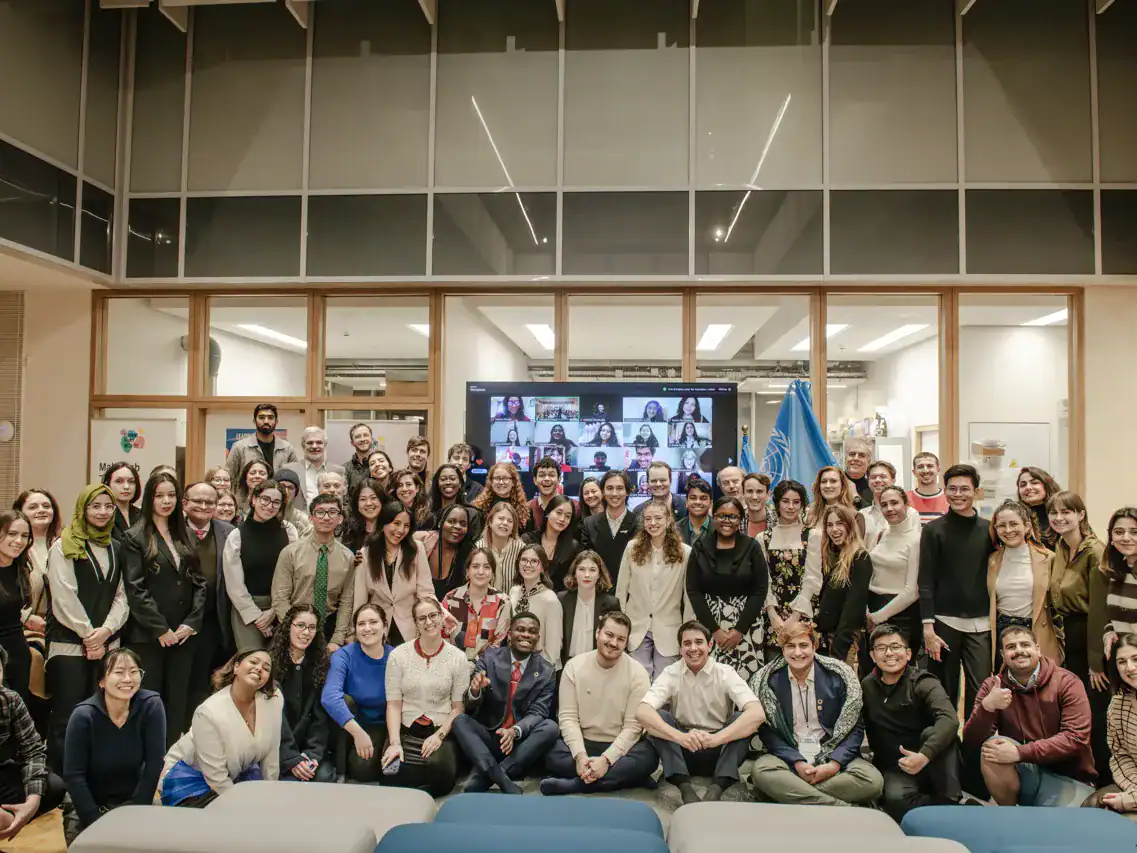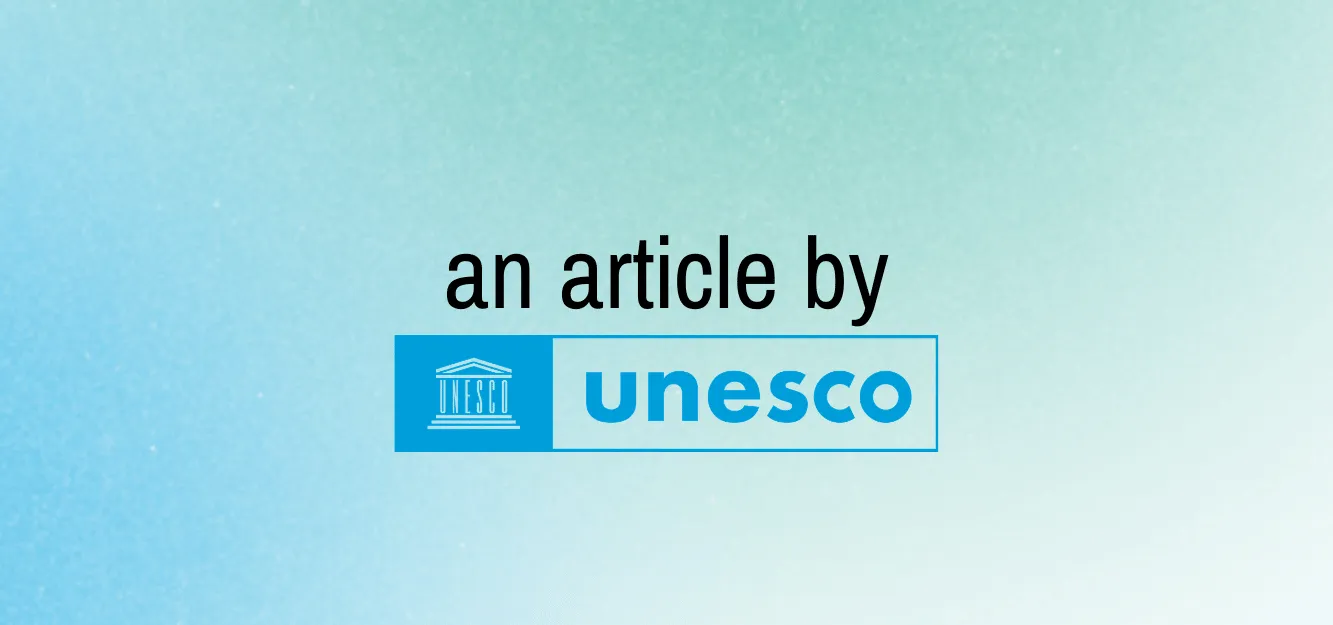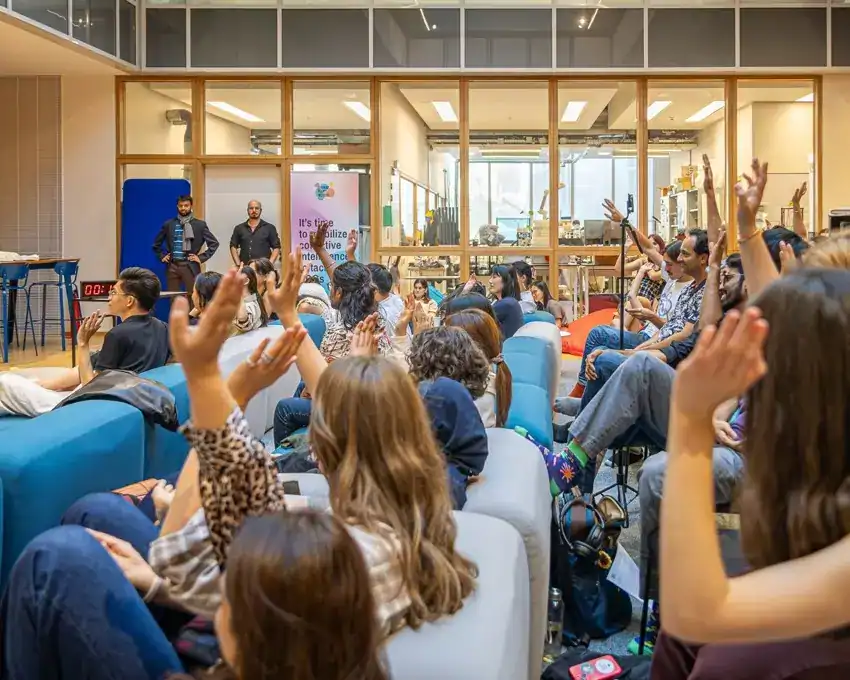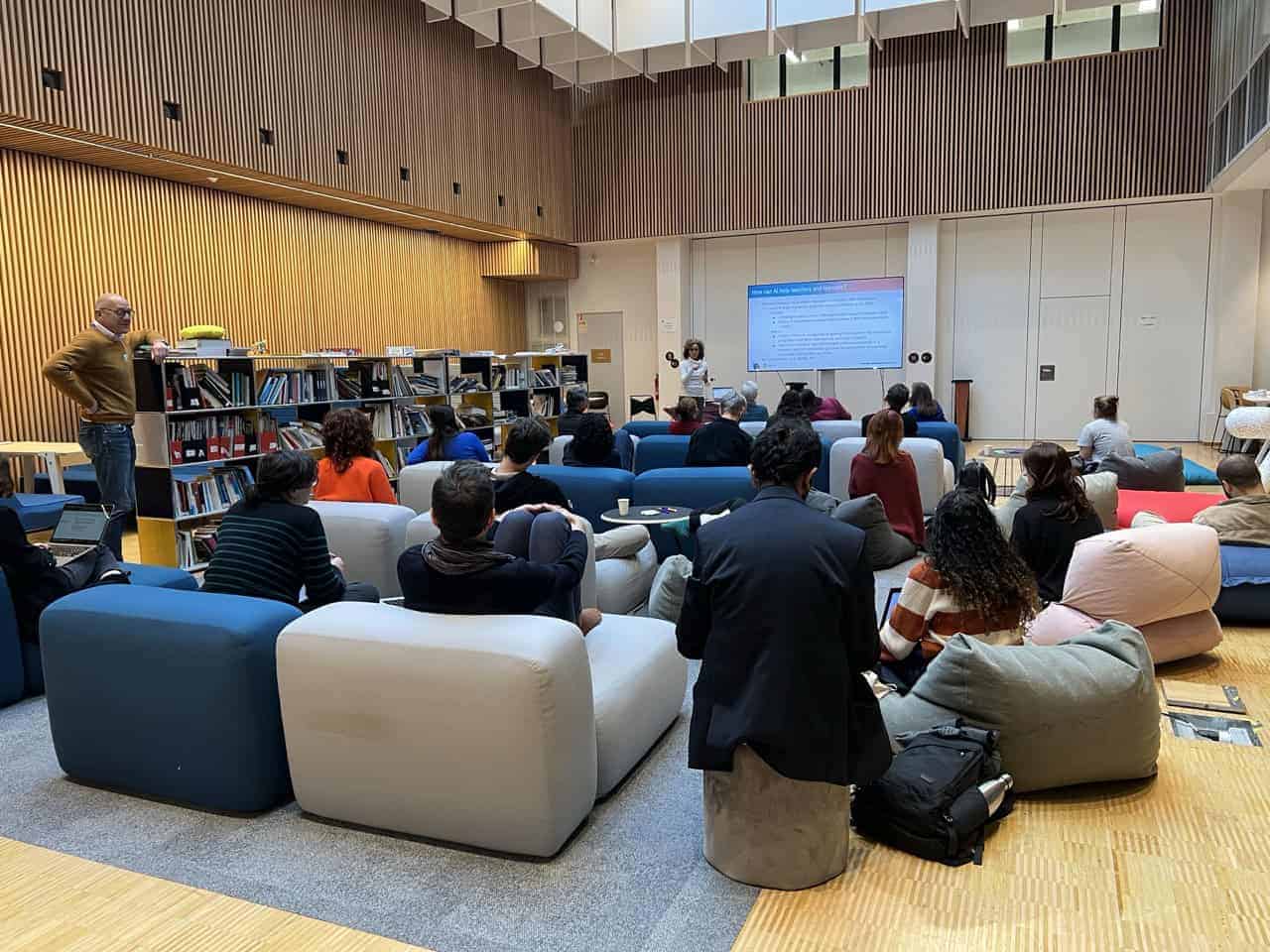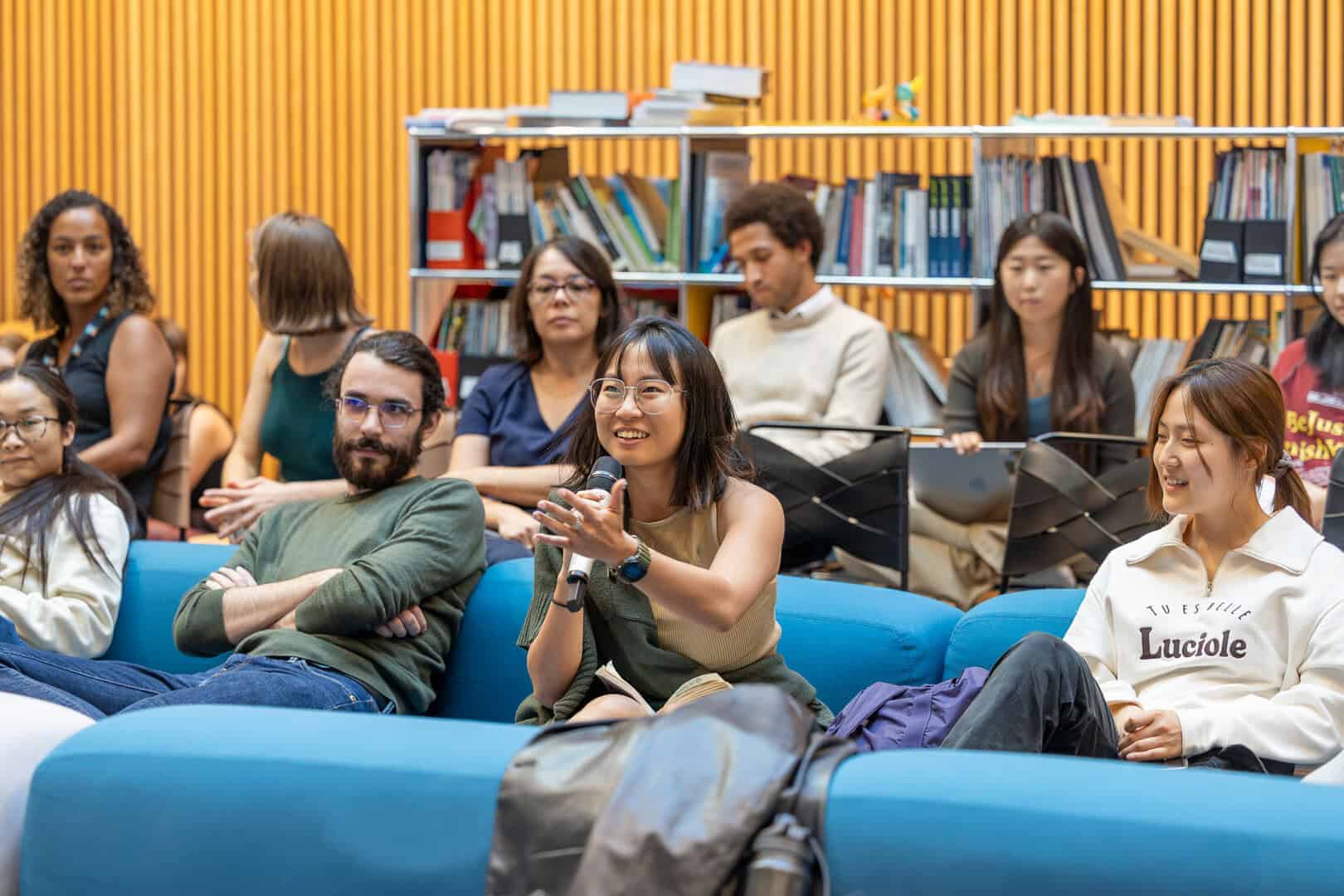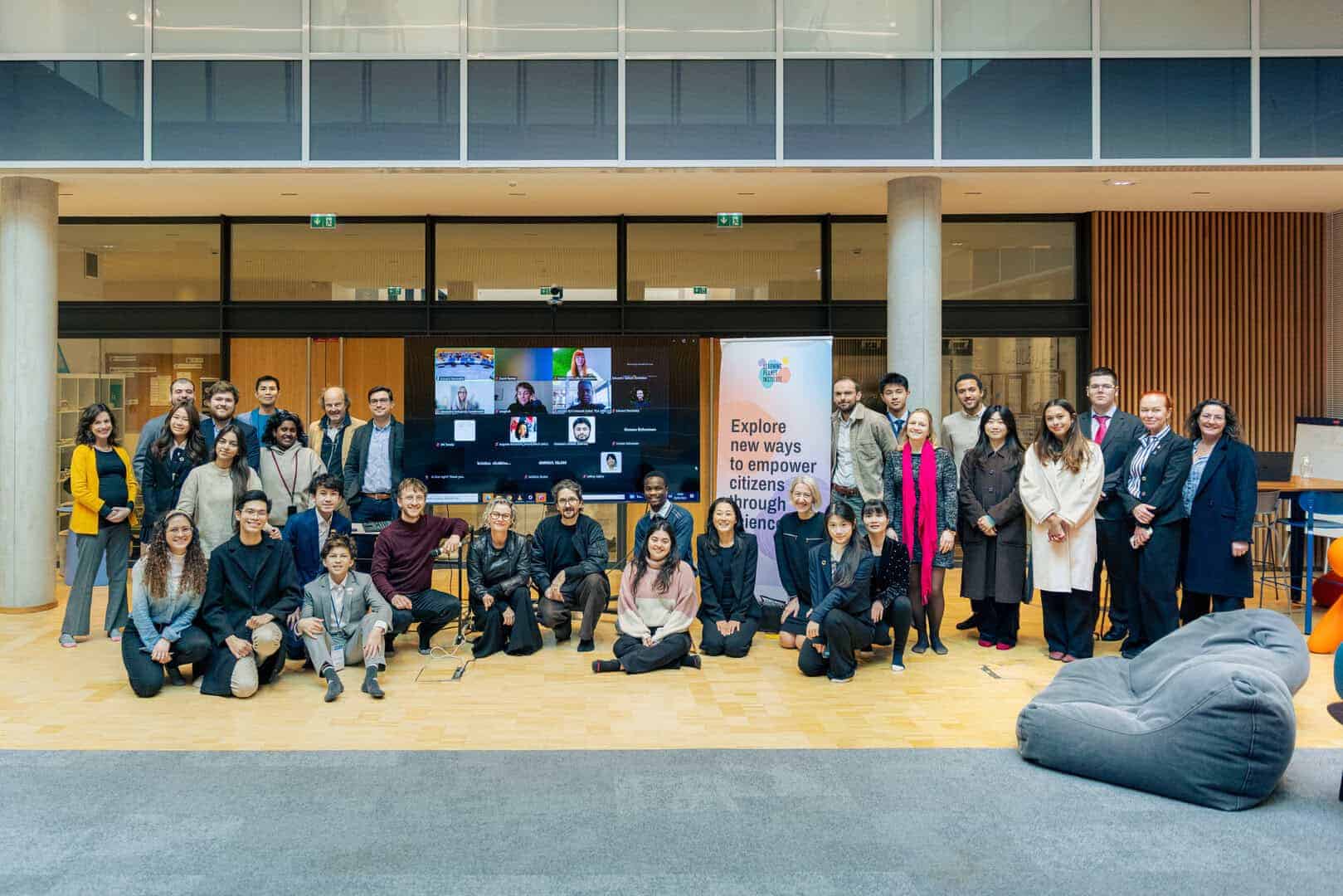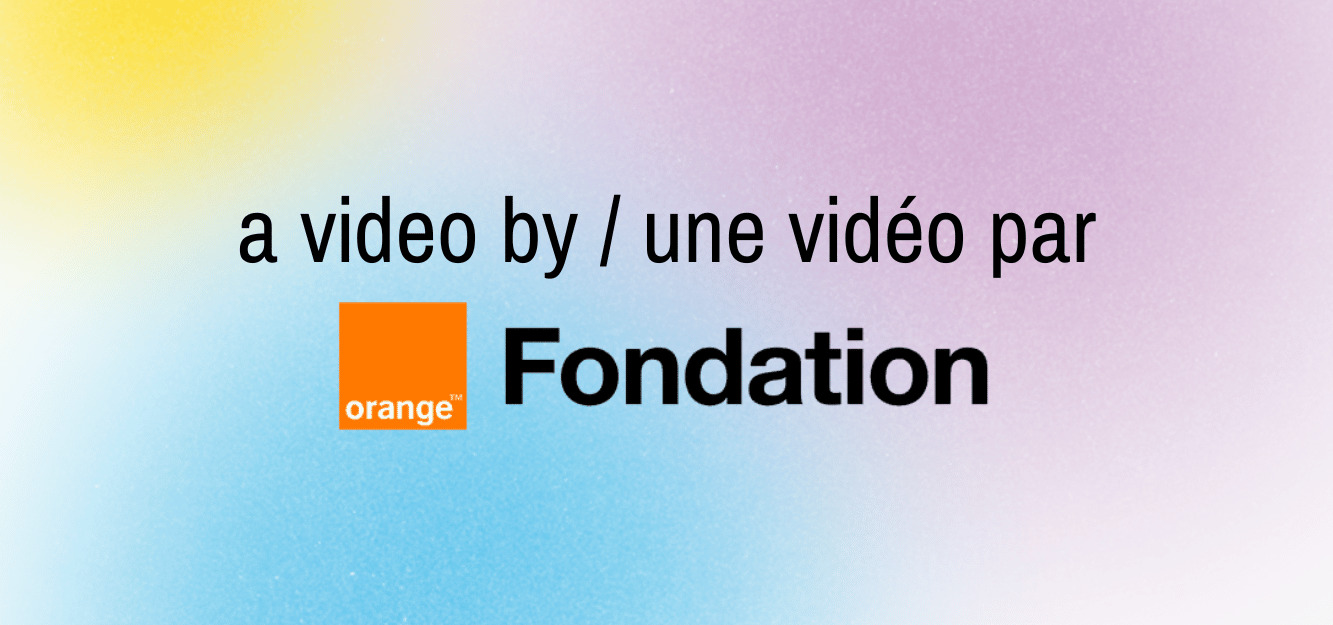
Education: the most powerful lever for change
As crises accelerate and AI reshapes our societies, “traditional” education is preparing young people for a world that no longer exists.
We must reinvent it — now. The next five years will be decisive.
Supporting the Learning Planet Institute means investing in the only renewable resource capable of addressing these crises: collective intelligence and the power of youth.
We do more than teach differently. We work with and for young people to fundamentally transform how they learn to build a sustainable world.
We can still act — together
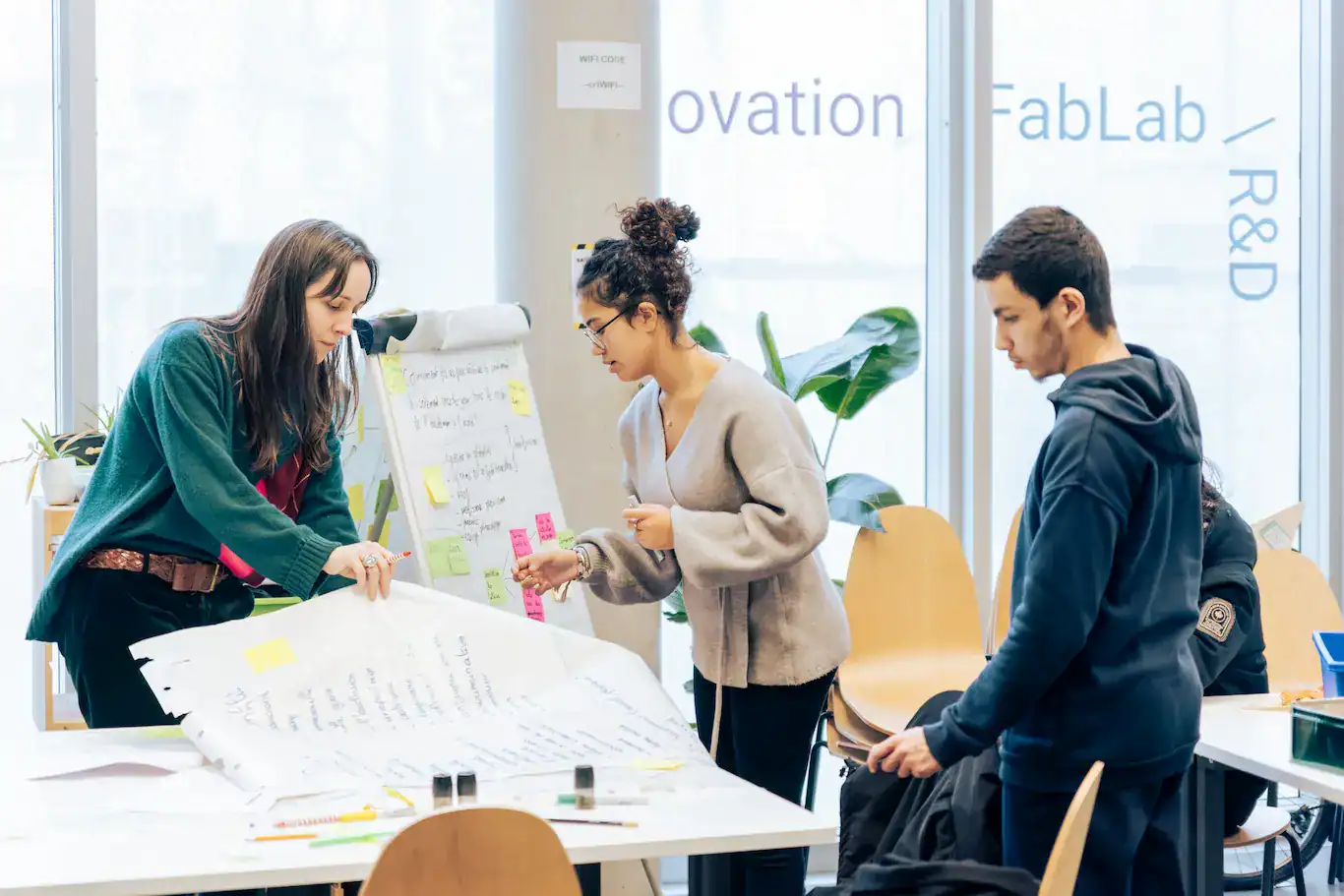
International recognition that amplifies our impact — and yours!
As a UNESCO Category 2 Centre, we work within a global framework spanning 193 Member States. Your support benefits from direct policy leverage, global dissemination of co-created solutions, and worldwide visibility and credibility.
Proven scalability
Our methodologies are tested, scientifically validated and ready for large-scale deployment. We have moved beyond experimentation to amplification. Your support enables immediate and measurable impact.
20 years serving global education
With over 20 years of expertise in educational innovation and pedagogical research, we are transforming learning and training at every stage of life — so they can meet today’s and tomorrow’s planetary challenges.
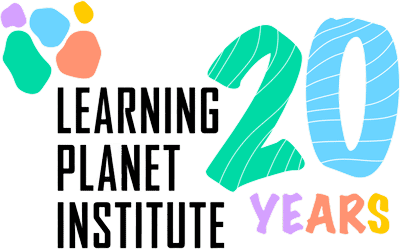
Our causes and expertise
Our causes
Because we cannot protect the climate without democracy, nor build peace without mental health, we advocate for a systemic approach.

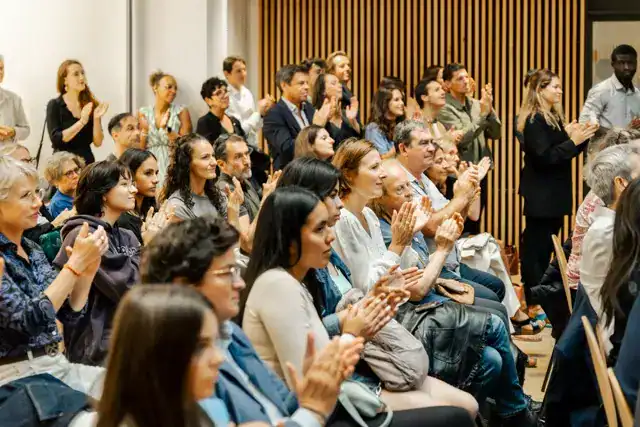
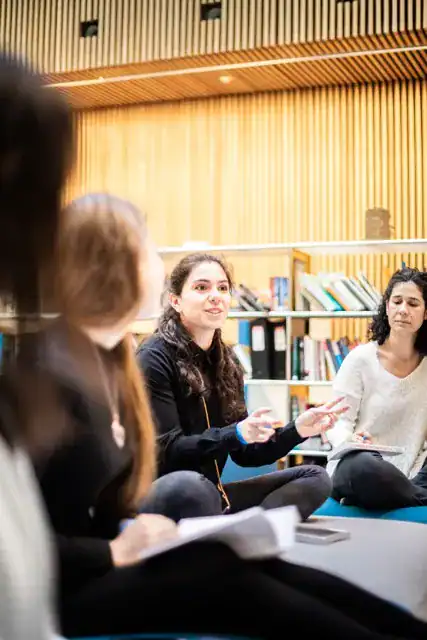
Our expertise
We combine project-based learning, action research and Design Thinking to learn through experimentation, collaboration and purposeful engagement.
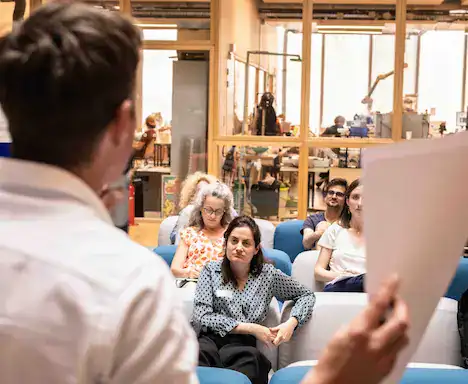

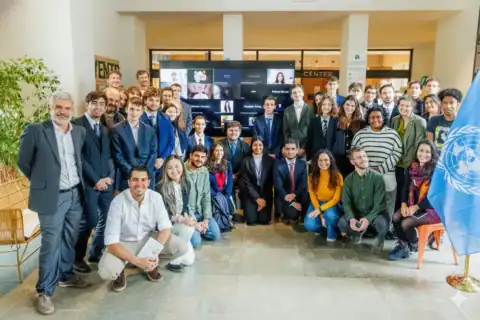
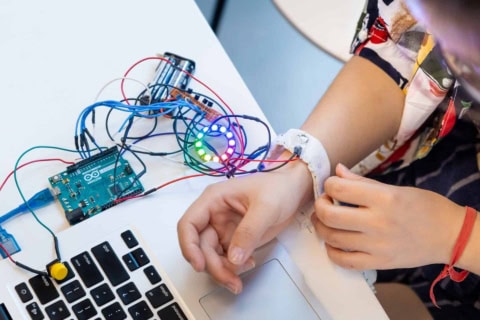
The Learning Planet Academy
Empowering learners to build better futures
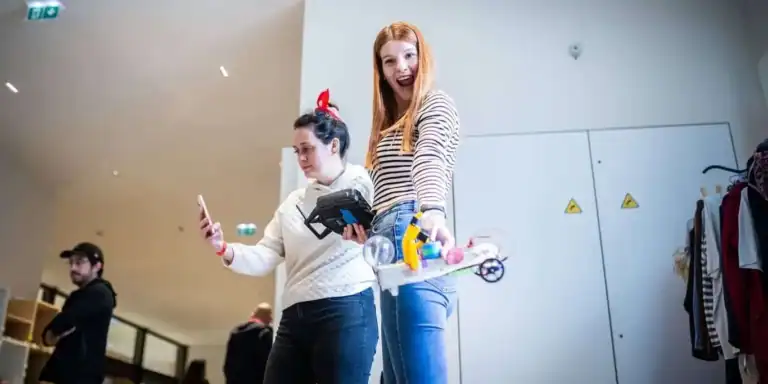
The Learning Planet Institute prepares learners to be the best IN / FOR the world. Our ambition is to equip everyone to become true planetary citizens.
A unique model built on 7 core pillars
- Accredited diplomas
- International co-design and co-governance with and for young people
- Research-based initiatives
- A global focus aligned with the Sustainable Development Goals (SDGs)
- Impact-driven social entrepreneurship
- Personalised learning at scale through the ethical use of AI
- The support of two major UN organisations - UNESCO and the United Nations University - establishing our international legitimacy and visibility
Partnering with youth for impact
Through our academic programmes
(In the) MOOD for Climate Action
Take action against climate changeMOOD - Meaningful Open Opportunities for Discovery - for Climate Action is a 4-week immersive learning program that combines personal fulfillment with concrete climate action.
Participants (aged 18-25) explore their raison d'être, acquire essential skills (systems thinking, emotional management, intercultural collaboration) and co-create a local climate solution project as part of an international team.
The programme provides a recognised university certificate and access to a global network of committed young leaders.

(In the) MOOD for Peaceful Futures
Becoming a peacebuilder [Under development]MOOD - Meaningful Open Opportunities for Discovery - for Peaceful Futures is an immersive learning path training a new generation of peacebuilders.
Participants (aged 18-35) master conflict transformation tools, develop key skills (strategic foresight, mediation, intercultural dialogue, emotional intelligence) and co-design a positive peace project tailored to their local context, as part of an international team.
This MOOD programme is currently under development and is seeking funding partners — invest in the peacebuilders of tomorrow!

International
The Learning Planet Youth Design Challenge
A global call for innovative education projects, by young people and for young people
This international challenge for 15–26-year-olds addresses three themes: environment & climate, peace & democracy, and mental health & wellbeing.
Selected participants receive online training and mentoring; 12 winners are awarded grants to bring their projects to life.
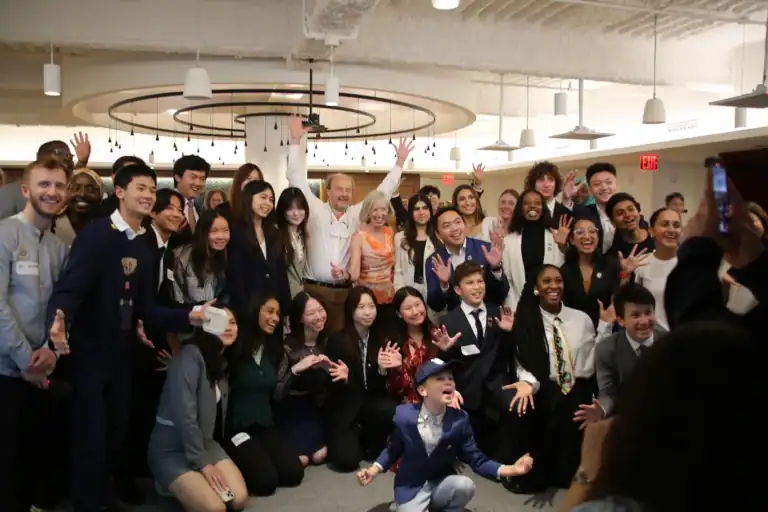
In France
Grigny: a laboratory for educational success
Addressing local challenges through pedagogical innovation
This initiative tackles school and social disengagement in Grigny by experimenting with and modelling new pedagogical approaches throughout the educational journey of children aged 2 to 18, both in and beyond school, securing learning pathways and easing transitions.
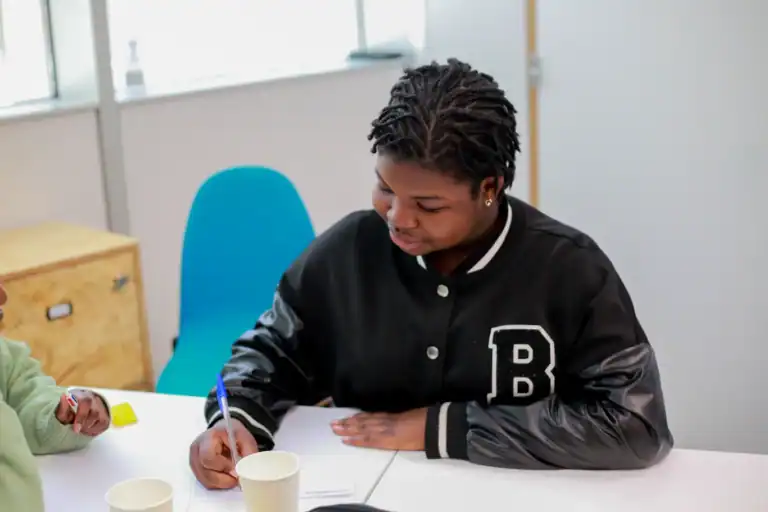
Our programs change lives
At every stage of life, online and in person, our programmes reach tens of thousands of people worldwide.
Discover the inspiring journeys of Learning Planet Institute alumni who are now driving the change they once dreamed of seeing in the world.
Friends of LPI
Support innovation. Raise awareness. Prepare the future.
The Friends of the Learning Planet Institute network brings together international leaders who believe education is the cornerstone of all transitions.
Join them in helping the Learning Planet Institute achieve its global ambitions.

Your dedicated team
Meet our team to co-design a tailor-made partnership aligned with your mission and purpose.
Asma BERKANE

Partnership Manager
Contact meMélodie GALLANT

Partnership Manager
Contact meJean-Marc PAUTRAS

Director of Development
Contact me
They already trust us
Founding patron

We warmly thank the Fondation Bettencourt Schueller, our founding patron, for its generosity, trust and decisive support from our creation in 2006 through to 2024.
“Our foundation provided financial resources and daily support. In return, François Taddei brought a new dimension to our thinking — encouraging us to think more deeply, think outside the box, take risks, invest in the training of researchers and aim for greater impact. We have grown together, for the better.” — Françoise Bettencourt Meyers, President, Fondation Bettencourt Schueller (Excerpt from the inauguration speech of our campus, October 2018)

“We experienced an extraordinary story of philanthropy spanning more than 20 years — a partnership of remarkable impact and fertility.” — Olivier Brault, CEO, Fondation Bettencourt Schueller

“An adventure at the crossroads of knowledge”
20 years of partnership between the Learning Planet Institute and the Fondation Bettencourt Schueller.
Historical partners
The City of Paris and UNESCO support the Learning Planet Institute’s development and initiatives at the local level and the international level alike.
“We share the ambition of connecting institutions with innovators in the field to identify, agilely co-develop and deploy worldwide innovative learning solutions aligned with the UN Sustainable Development Goals” - Stefania Giannini, UNESCO Assistant Director-General for Education
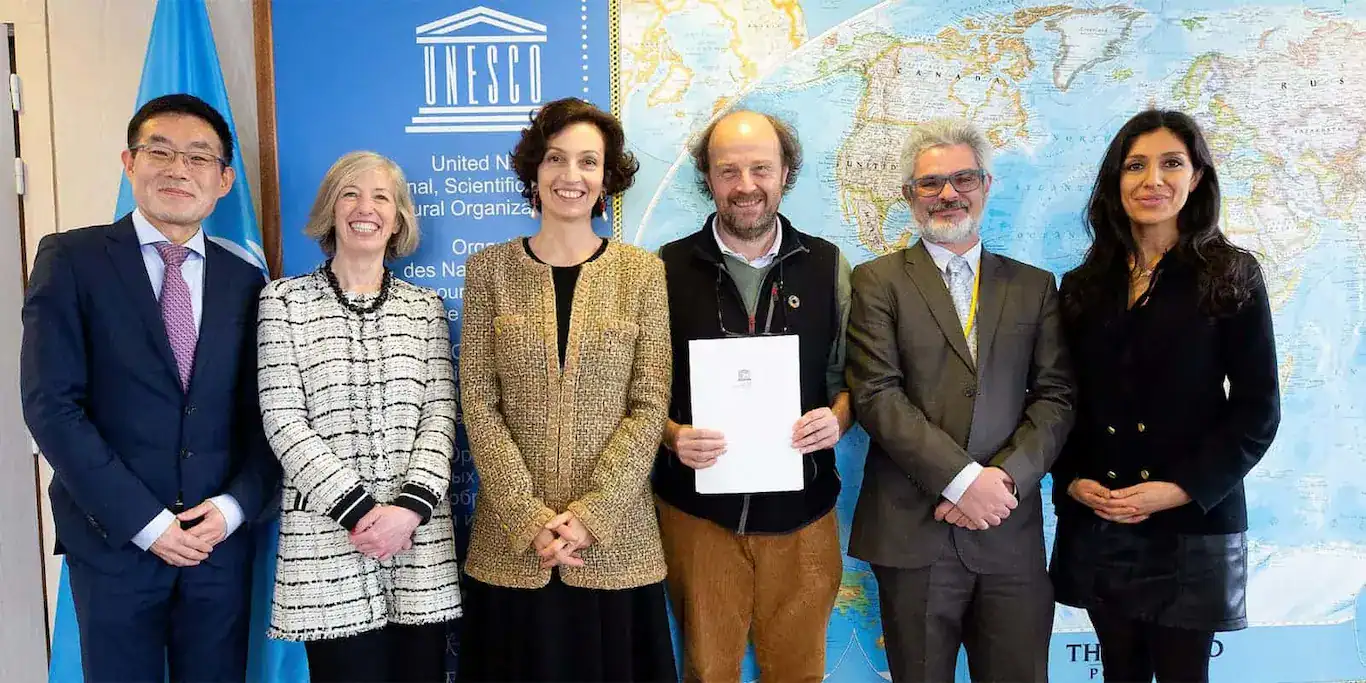
Private funding partners
Philanthropic networks & Labels
500+ international partners
We are an an open coalition of more than 500 global partners — including schools, youth initiatives, NGOs, research centres, governments and international organisations — connecting local communities with global institutions to act at every level of education and governance.
